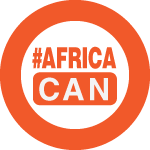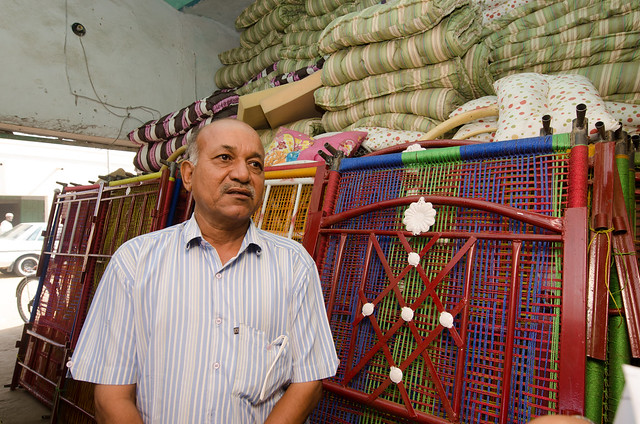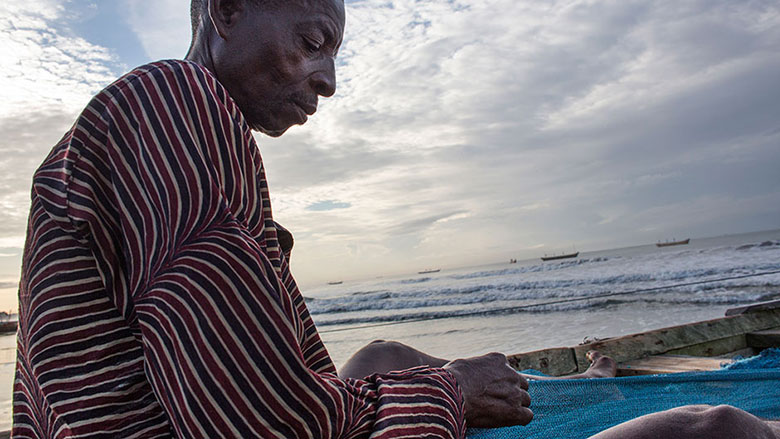Sudan lies at the crossroads of Sub-Saharan Africa and the Middle East. It shares its border with the Central African Republic, Chad, Egypt, Eritrea, Ethiopia, Libya, and South Sudan.
Sudan has had two of the longest-lasting civil wars on the African continent. South Sudan seceded from Sudan in 2011 which led to economic shocks, including the loss of oil revenues that had accounted for half the Sudan government’s revenue and 95% of its exports. This reduced economic growth and led to double-digit consumer price inflation, which, together with increased fuel prices, triggered violent protests in 2013.
Food price hikes and grievances for 30 years of rule led to demonstrations in 2018. These led to removal of then-President Omar Hassan El-Bashir and formation of a Transitional Government in 2019 that carried out economic and social reforms and engaged in peace negotiations with armed groups. The Juba Peace Agreement was signed with nearly all armed opposition groups (Oct. 2020).
Due to the military takeover in 2021, government structures were dissolved and terms of the 2019 constitutional charter suspended. In 2022, the Prime Minister stepped down and an agreement was signed between the military and political parties in an attempt to relaunch the country’s transition to civilian government and hold elections. A next phase aimed at reaching consensus on issues was deadlocked until April 2023, when conflict resulted between Sudanese Armed Forces and Rapid Support Forces.
Escalating conflict since then disrupted lives, damaged infrastructure, strained the economy and transformed into the largest displacement crisis in the world. The UN indicates that as of August 2025, 14 million people were displaced within Sudan or to neighboring countries. About 26 million people face acute hunger (50% of the population) and the healthcare system is severely impacted, with most hospitals out of service. In February 2025, the UN launched a $6 billion humanitarian and refugee response plan.
Economy
Conflict has devastated Sudan's economy, with real GDP contracting by an estimated 29.4% in 2023 and a further 14% in 2024, one of the steepest economic contractions in recent history, driven by the destruction of infrastructure concentrated in Khartoum—the country's economic and financial hub—widespread displacement, and the collapse of production and trade. The services sector, including healthcare, education, telecommunications, and finance, has been hard hit, while manufacturing and oil production have also suffered disruptions. Economic activity shows early signs of recovery in mid-2025, supported by returning internally displaced people and government efforts to reestablish institutional presence in key urban areas by the end of 2025.
Inflation surged to 170% year-on-year in 2024, driven by supply chain disruptions, declines in production, and soaring costs for housing, transport, and food. Inflation decelerated to 78.4% (y-o-y) in July 2025. Monthly inflation has declined for four months, driven by lower housing and food prices, although high prices continue to pressure households.
Government revenues collapsed from 10% of GDP (2022) to below 5% (2024) severely constraining the state's provision of essential services. Extreme poverty has risen from 23% to 59% (2022, 2024).
With peace, economic growth could rebound, though progress will be slow due to damaged infrastructure and limited resources. Inflation is expected to ease and exports may recover with improved security. Sustainable recovery will require resuming the Heavily Indebted Poor Countries (HIPC) Initiative to provide debt relief, preventing resurgence of excessive commodity subsidies, maintaining a unified exchange rate, and eliminating barriers to domestic and foreign trade. Unlocking the agriculture sector's potential through support for smallholder farmers, infrastructure rebuilding, and value chain development will be essential for both immediate food security and long-term economic stability.
Last Updated: Oct 14, 2025








